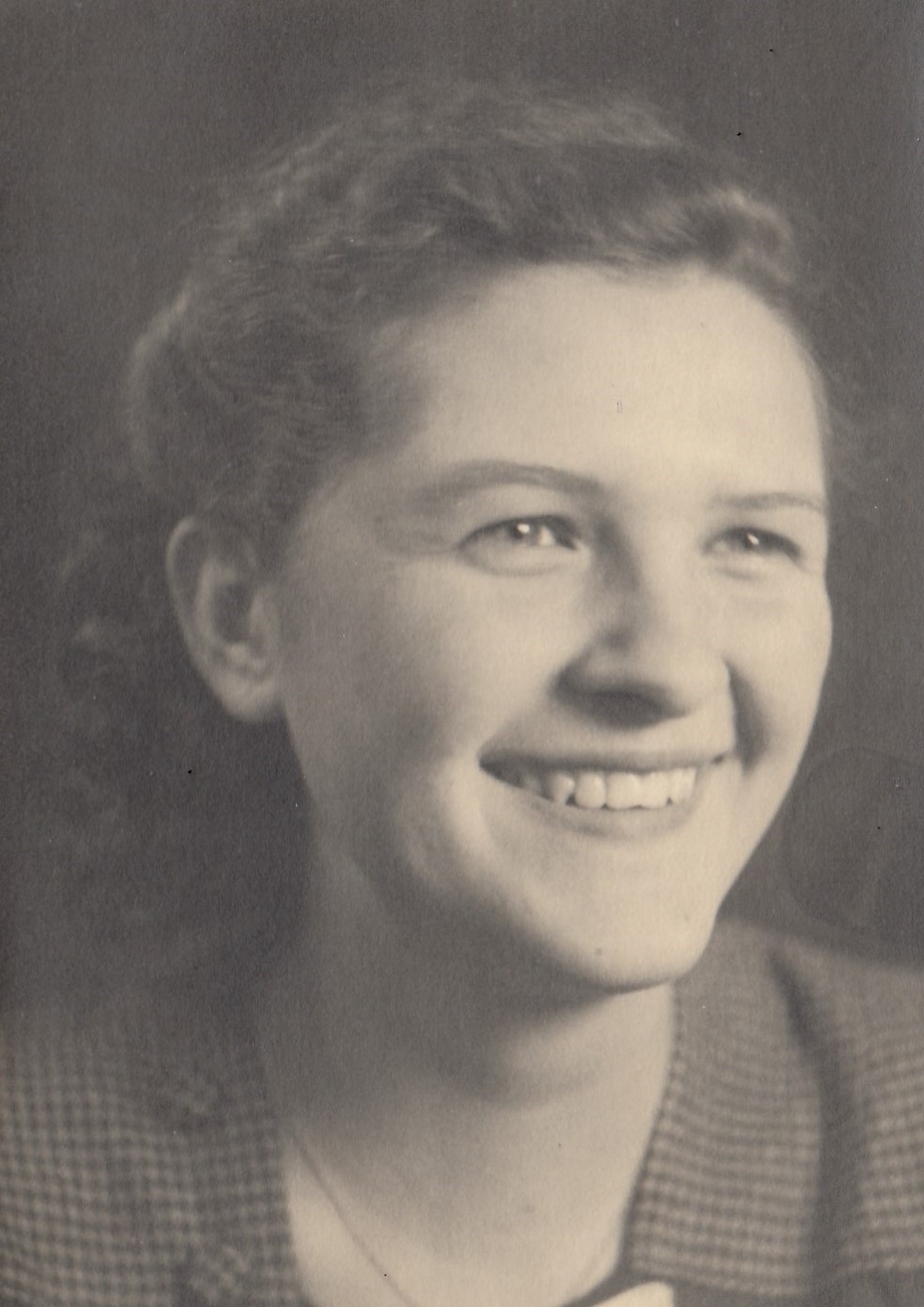„It would be a pity to die now,“ my mother said at the time of the Velvet Revolution.

Stáhnout obrázek
Věra Mlčochová, née Kheilová, was born on 5 February 1934 in Blažovice near Brno. Her father, Bohuslav Kheil, who came from a mixed Czech-German family, was at that time a gendarme constable in Subcarpathian Rus, where he was transferred. The whole family lived there until 1939, when the Czechs had to leave Subcarpathian Rus after the Hungarian invasion. After more than a week‘s anabasis, they anchored in Šaratnice near Brno. The witness remembers the events connected with the Second World War, especially the bombing of Brno and the liberation. Because her dad refused to join the Communist Party after February 1948, he was dismissed from the gendarmerie (later the SNB) and found a job as a secretary at the MNV (Local National Committee) in Troubky, where the family moved. The witness graduated from the secondary school of social law in Brno, then worked as a social worker at the court in Přerov and Olomouc, lived briefly with her husband in Sokolov and after moving back to Moravia worked until her retirement at Přerov Engineering Works. She and her husband raised one daughter. In 2024 Věra Mlčochová lived in Troubky.










